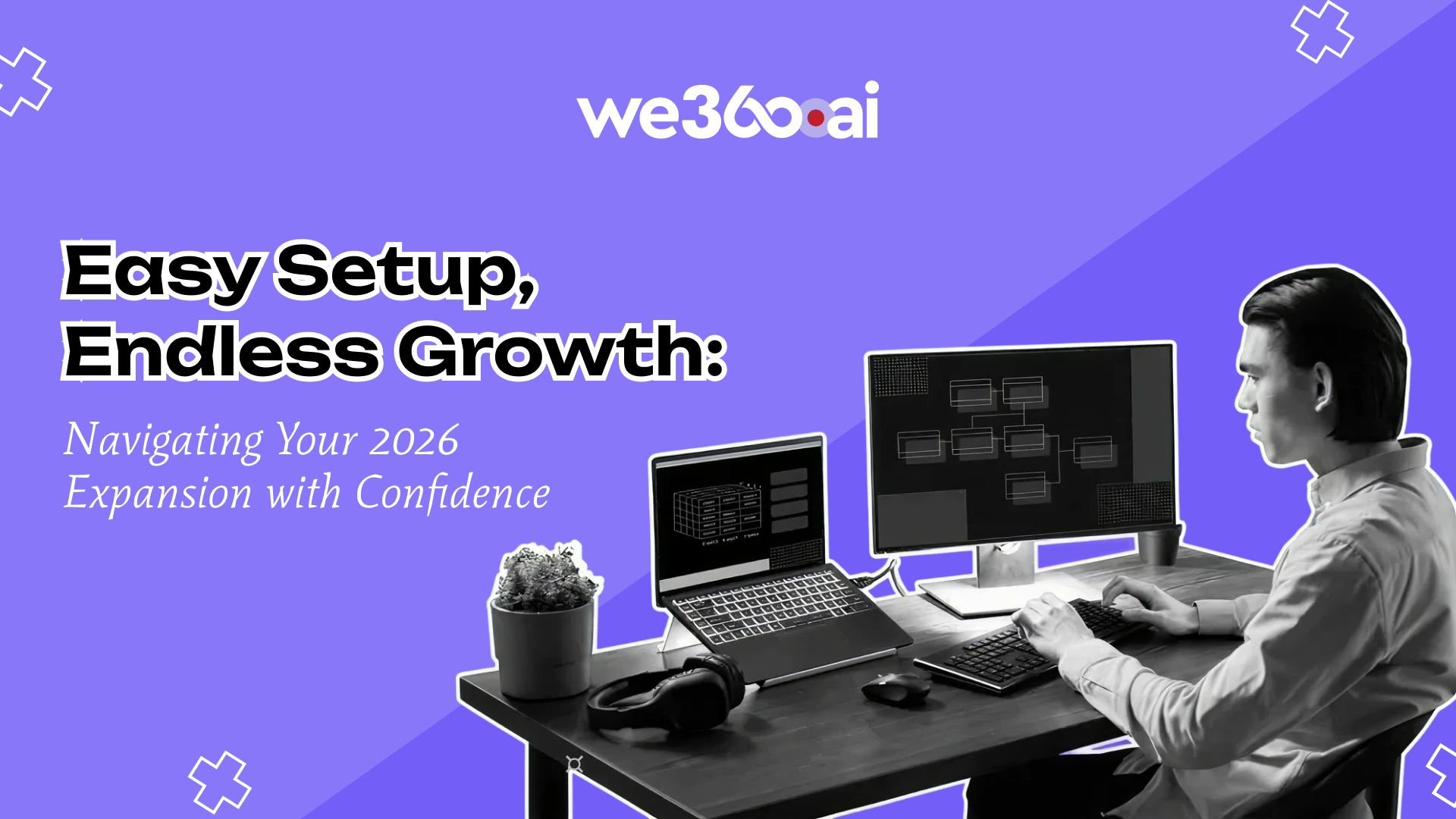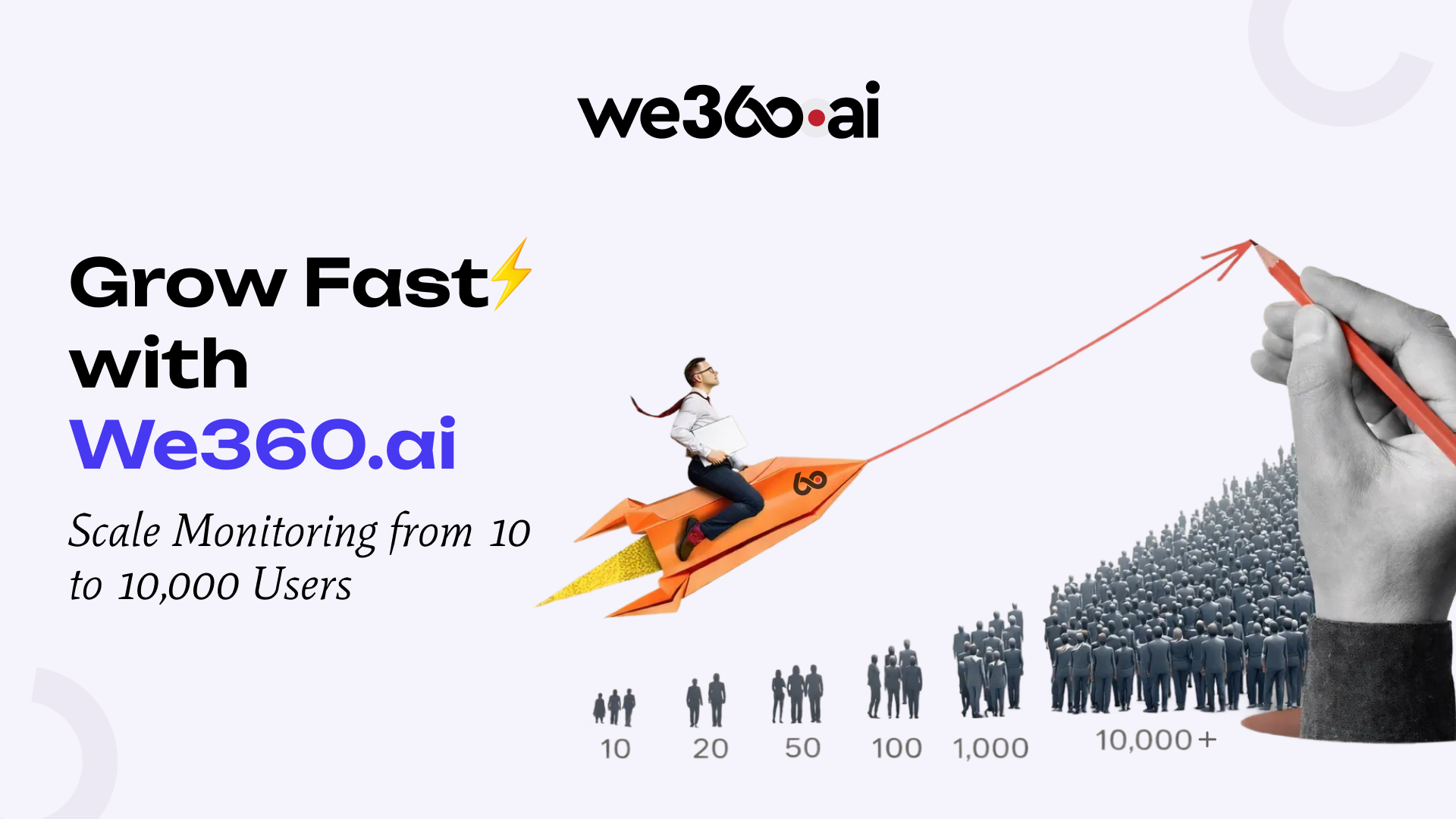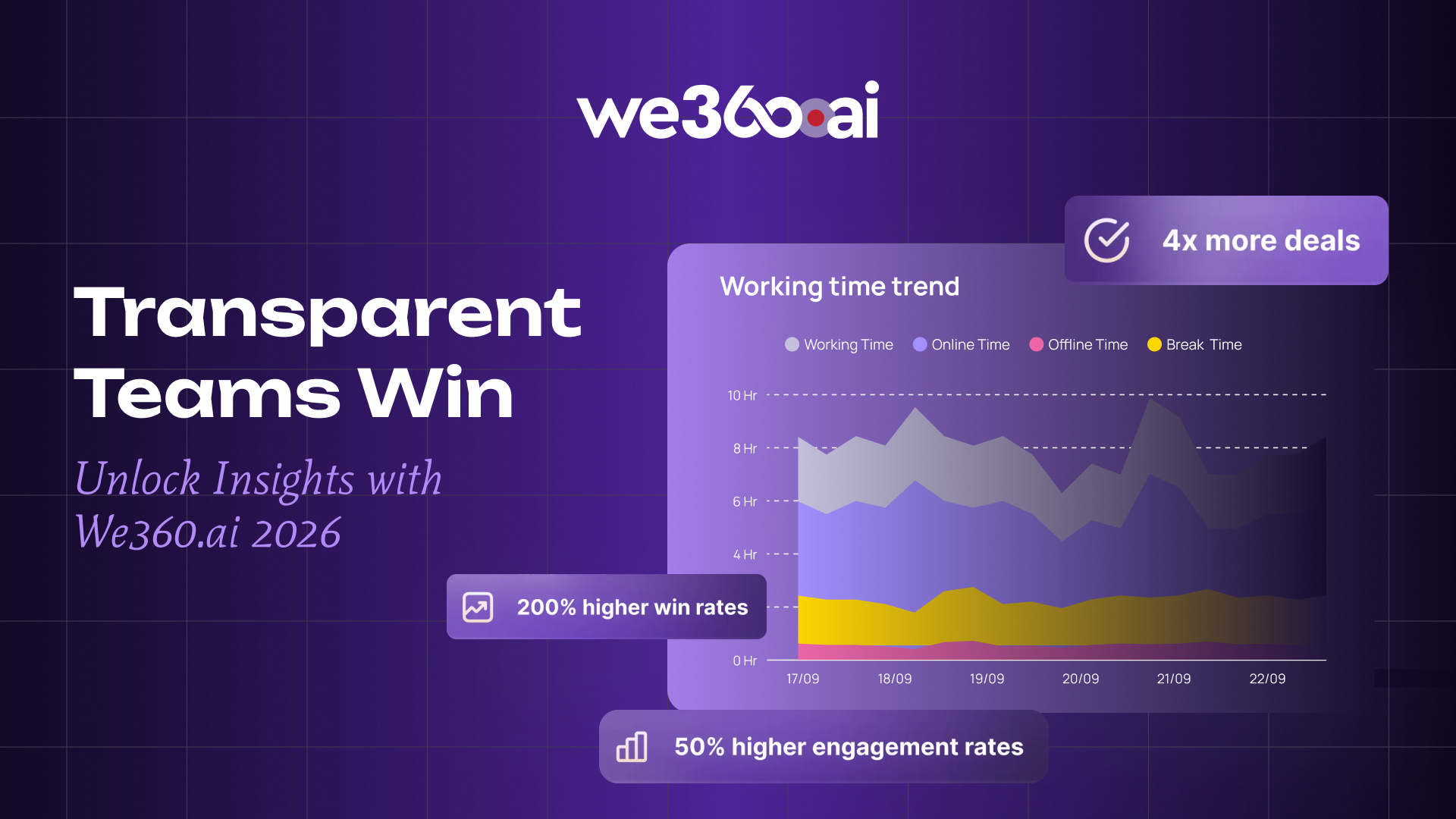Working from home was uncommon in the past, but the landscape has transformed both during and after the pandemic. Now, there is a significant shift in our culture, with a multitude of individuals working outside the traditional office setting. The future of work is undergoing rapid changes, with time tracking becoming increasingly crucial. With the growing number of remote workers, there is a greater demand for precise and efficient tracking of working hours.
Time tracking has a rich legacy in the workplace, serving as a valuable tool for monitoring productivity, managing resources, and evaluating performance. From its early roots in punch cards and manual timesheets, time tracking has evolved significantly with the advent of technology.
From Where Does this Concept Emerge?
The evolution of time tracking has seen significant progress since its inception in 1888 by a jeweller in New York. Initially, a basic "time recorder" was invented, establishing time as a valuable resource. Early time tracking involved employees using a time clock to punch in and out of work, primarily recording attendance and facilitating payroll calculations.
The Legacy of Time Tracking
Time tracking has long been an essential practice in various industries. For example, time tracking was used in manufacturing to measure assembly line efficiency and identify improvement areas. It allowed organizations to optimize processes and reduce production costs. Similarly, in professional services like law firms or consultancy agencies, tracking billable hours was crucial for accurate client billing and project profitability assessment.
One significant historical example is the construction industry, where time tracking played a pivotal role in managing labour and project timelines. Time cards were used to record hours worked, ensuring fair compensation for workers and aiding in project planning. Construction companies relied on time tracking data to estimate project completion, allocate resources effectively, and adhere to strict deadlines.
Technological Advancements in Time Tracking
The rise of digital technology has revolutionized time tracking, addressing the limitations of manual methods and unlocking new possibilities for efficiency and accuracy. Modern time tracking tools, such as mobile apps and web-based platforms, like time tracking software, have automated the process, eliminating the need for cumbersome paperwork and reducing human error.
According to a recent Deloitte report on automation trends, most respondents (88 percent) have implemented or plan to implement AI within the next three years. While automation holds promise, it hasn't been without difficulties for businesses. The integration of automation technology has presented new challenges, particularly as enterprises navigate hybrid work environments and the evolving technology landscape. Additionally, large enterprises with global operations, diverse workforces, clients, and vendors face the increasing complexity of managing and interpreting vast amounts of data.
Here time tracking software plays a vital role in managing work processes and providing time and work insights while increasing productivity.
What is the Use of Time Tracking Software?
Time tracking software monitors and analyses how time is spent on tasks, projects, or activities. It enables individuals and organizations to understand how their time is allocated, identify bottlenecks, and optimize productivity. Time tracking software facilitates billing and invoicing for clients or projects by accurately tracking billable hours. Additionally, it provides valuable insights and data for performance evaluation, resource allocation, and project planning. Overall, time tracking software helps individuals and businesses manage their time effectively, improve efficiency, and make informed decisions based on accurate time utilization data.
Why do Companies Use Time Tracking?
The implementation of time tracking systems brings several benefits to organizations. One major advantage is the ability to identify inefficiencies and optimize workflows. Managers can pinpoint bottlenecks and make informed decisions to streamline processes by tracking the time spent on various tasks.
Time tracking also aids in project estimation and resource allocation. Historical time data can serve as a reference for future projects, enabling organizations to set realistic deadlines and allocate resources effectively. Additionally, time tracking allows for better evaluation of employee performance, as it provides objective data to assess productivity and identify areas for improvement.
Moreover, time tracking promotes transparency within the workplace. Employees clearly understand their work hours, enabling them to manage their time effectively and track their progress toward goals. It fosters accountability and can encourage a results-driven work culture.
However, time tracking also presents challenges that need to be addressed. Employees may perceive it as invasive or micromanaging, leading to concerns about privacy and work-life balance. Organizations must balance utilizing time tracking as a productivity tool and respecting employees' autonomy and well-being.
Efficient time management is essential for optimizing productivity and ensuring effective workforce management. Utilizing time management software, attendance software, and work time trackers can greatly streamline attendance management processes.
These time tracking tools enable organizations to accurately track and manage employee attendance, resulting in improved productivity and streamlined operations.
Who Needs Time Tracking?
Time tracking software is beneficial for freelancers, professionals, small businesses, project managers, remote teams, and individuals seeking productivity improvement. It helps track billable hours, optimize resource allocation, monitor task progress, enhance collaboration, and improve personal time management.
Time tracking can be beneficial for various individuals and organizations. Here are some examples of who can benefit from using time tracking:
- Freelancers and Independent Contractors: Freelancers and independent contractors often bill clients based on their hours worked. Time tracking helps them accurately record their billable hours and ensure they are paid appropriately.
- Professionals and Knowledge Workers: Professionals such as lawyers, consultants, or designers who provide services on an hourly basis can utilize time tracking to track their time spent on client work and accurately bill clients.
- Small Business Owners: Small business owners can use time tracking to monitor employee attendance, track project hours, and ensure efficient resource allocation. It helps them improve productivity, manage client billing, and optimize their operations.
- Project Managers: Project managers can benefit from time tracking to monitor the progress of tasks and projects, allocate resources effectively, and identify potential bottlenecks. It provides valuable data for project planning and helps ensure projects stay on track.
- Remote and Distributed Teams: With the rise of remote work and distributed teams, time tracking becomes crucial for monitoring employee productivity and ensuring effective collaboration. It helps teams stay organized, track project hours, and maintain accountability.
- Individuals Seeking Productivity Improvement: Even for individuals not working on client projects, time tracking can be useful. It allows individuals to understand how they spend their time, identify time-wasting activities, and make adjustments to improve personal productivity and work-life balance.
Time Tracking: The Future of Work
As the future of work unfolds, time tracking will continue to evolve and adapt to the changing dynamics of the workplace. Several emerging trends are reshaping how we work, and time tracking will play a crucial role in supporting these transformations.
Remote work is becoming increasingly prevalent, and time tracking tools will need to accommodate this shift. For example, platforms like We360.ai provide insights into remote workers' digital activities, offering visibility into their productivity and helping them manage their time effectively.
Flexible schedules are also gaining popularity, allowing employees to work at their own pace and align their work with personal commitments. Time tracking tools will need to be flexible enough to capture non-traditional work hours and accommodate different time zones. This ensures accurate tracking of time spent on work-related activities, regardless of when they occur.
Additionally, the gig economy is reshaping the way work is performed, with individuals taking on multiple freelance or contract-based projects. Time tracking becomes essential for freelancers to accurately bill clients and manage their workload effectively. Platforms like Harvest or Upwork offer integrated time tracking features that enable freelancers to record their hours and ensure accurate invoicing.
Advancements in technology, particularly in artificial intelligence (AI) and machine learning, hold great potential for the future of time tracking. AI-powered time tracking systems can analyze patterns and behaviors to provide personalized insights and recommendations. For example, based on historical data, these systems can predict peak productivity hours for individuals and suggest optimal time allocation for different tasks.
Biometric technologies are also being integrated into time tracking systems, enhancing accuracy and security. Facial recognition or fingerprint scanning can provide a more reliable method of tracking time, ensuring that the right individuals are accountable for their work hours.
However, as we embrace the future of time tracking, it is crucial to address data privacy and security concerns. Organizations must prioritize the ethical use of time tracking data, ensuring transparency and obtaining employee consent. Clear communication about the purpose and benefits of time tracking is vital to foster trust and mitigate resistance. Implementing robust data protection measures and complying with privacy regulations will be essential to maintain the integrity of employee information.
Bottom Line
The legacy of time tracking has significantly influenced how we manage work and resources in various industries. Technological advancements have made time tracking more accurate, efficient, and accessible. The benefits of time tracking include identifying inefficiencies, optimizing workflows, and promoting transparency and accountability. However, privacy and work-life balance challenges need to be addressed to ensure a balanced and respectful approach to time tracking.
Looking ahead, the future of work will continue to shape time tracking practices. As remote work, flexible schedules, and the gig economy become more prevalent, time tracking tools will need to adapt to accommodate these evolving trends. Integration with AI and biometric technologies will enhance accuracy and provide personalized insights. Organizations must prioritize data privacy and security, ensuring transparent practices and respecting employee autonomy.
By embracing the potential of time tracking while addressing concerns and leveraging technology ethically, we can navigate the future of work with optimized productivity, empowered employees, and a healthy work-life balance.
We360.ai is a time tracking software ensuring security and compliance while providing real work insights no matter where the employees work.
Schedule a call to learn more about We360.ai.














